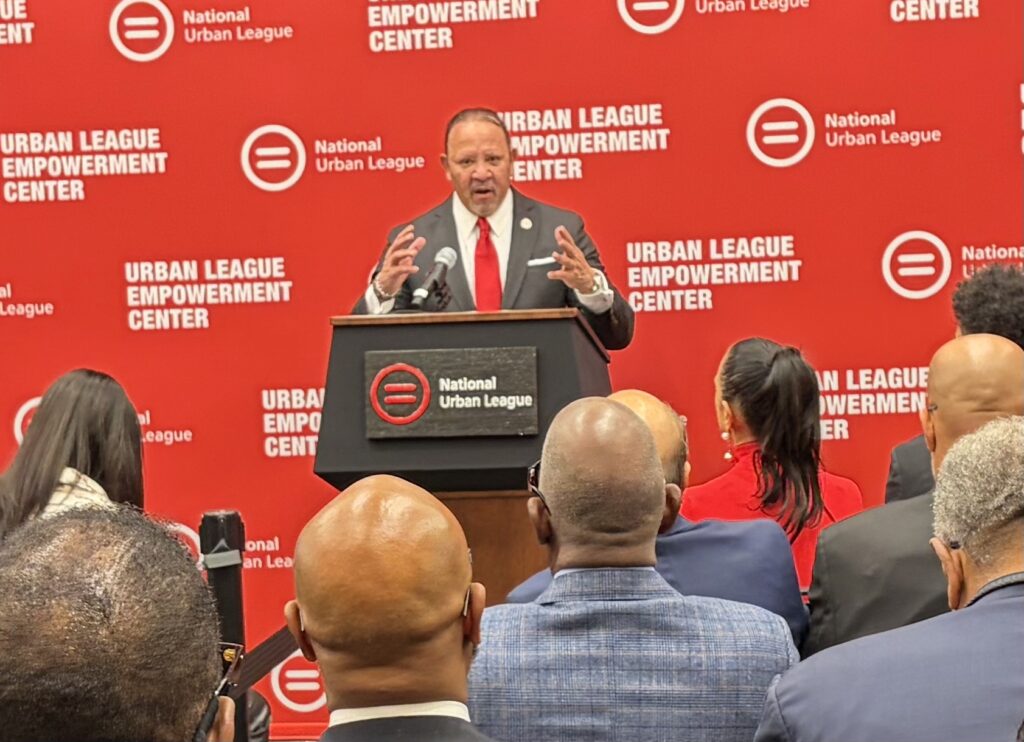(ThyBlackMan.com) As a small business, the people you hire can have a huge impact on the success of your company. In a large business, it’s easy for people to fly under the radar and be unproductive. A large team means other people may pick up the slack and the bad employee’s actions might go unnoticed for a long period of time – potentially, forever! That’s not the case with a small business. Each person you hire must pull their weight to make your company successful. With that, Small Business HR Software provided by Zenefit can help drive profit and productivity in many cases. Smaller businesses are likely working with tighter budgets so they have to be exceedingly careful with their new hires. Below, we’ve assembled our guide to help you pick the right people for your company.
Write a clear job description
A well-written job description is essential because it provides candidates with a way to understand the basic responsibilities, necessary qualifications, licenses, education, certification, and reporting relationships associated with the role.
A job description is also a good place to put salary ranges which should be commensurate with job applicant experience. Applicants who know what they can expect to be paid will also be easier to negotiate with if you end up sending out an offer letter.

Figure out how you’re going to hire
Are you going to use a professional recruiter? Are you going to rely on recruitment software? Do you need to find a new hire by a certain date? Are remote workers okay? These are all questions you should know the answer to. In most cases, it makes sense to rely on a professional recruiter who can post jobs on various industry job sites like LinkedIn or MediaBistro, for example. A recruiter can also do the beginning screening process like phone interviews and answering candidate questions. It’s also generally a recruiter’s job to communicate with unsuccessful candidates.
Create a solid interview process
After the phone interview process is over, it’s time to bring in your candidates for in-person interviews.
A good interview will go over a candidate’s past experience, skills, and other relevant job subjects. It’s also the time when you’ll assess whether a candidate is a good cultural fit. Here are some questions you may want to ask job-seekers:
- Is it better to be perfect and late or good and timely?
- What’s your work ethic?
- Tell me about a time you made a mistake at work and what you did to fix it.
- What challenges do you predict in this role?
- What professional accomplishment are you most proud of?
- Who is the smartest person you know and why?
- Who is your favorite author?
- What are you looking for in terms of company culture?
- Do you consider yourself organized?
- How do you balance competing priorities?
- What’s something you’d be happiest doing every day for the rest of your career?
- What is something you want to avoid in your next job?
- Tell me about a time you set a difficult goal and accomplished it.
- Do you have any questions for me?
Screen your candidates
Small business background checks are essential for any new hire. It’s important to make sure that your candidate is who she or he says they are. Your business’ reputation depends on it. A background check will help you identify any red flags that could signify an applicant is a bad fit. Not all screening services are created equally, so make sure that the service you choose is compliant with labor and hiring laws.
Create a supportive onboarding process
The most sensitive time for a new hire is during those first few vulnerable months of onboarding. Make sure your trainee has all of the documents they need to successfully complete their job. It’s also a good idea to hold regular check-ins with your new hire to ensure they have a channel to tell you or their manager if they’re experiencing any issues or obstacles.
Takeaways
Hiring for any business is a time-consuming, labor-intensive process. But the result is a great candidate that can help your company grow and boost employee morale. Remember to take your time vetting applicants, implement background screening to filter out bad eggs, and create a supportive onboarding process. With these tips, you’ll be on your way to a happier work team and bigger profits.
Staff Writer; Charles Jones

















Leave a Reply